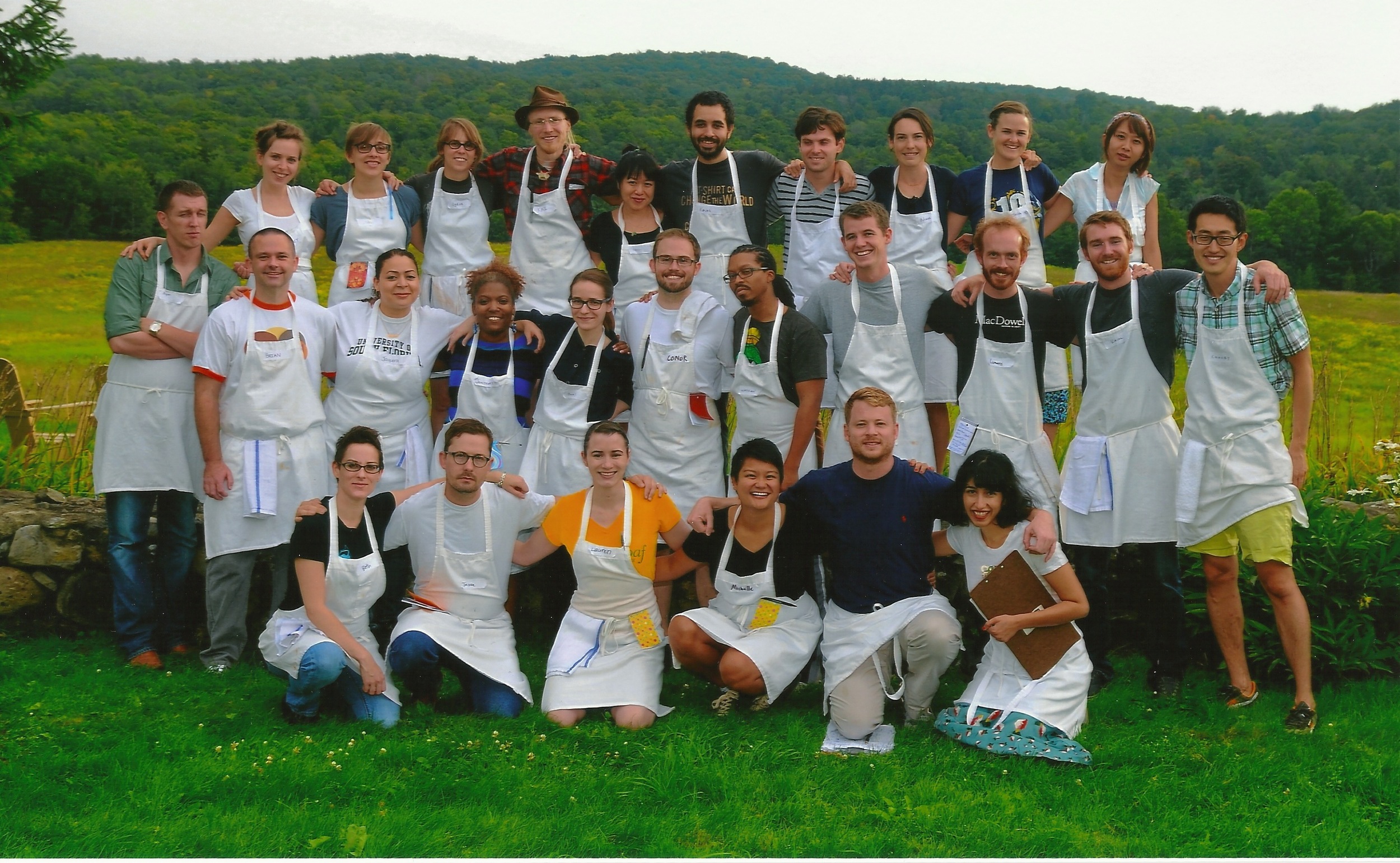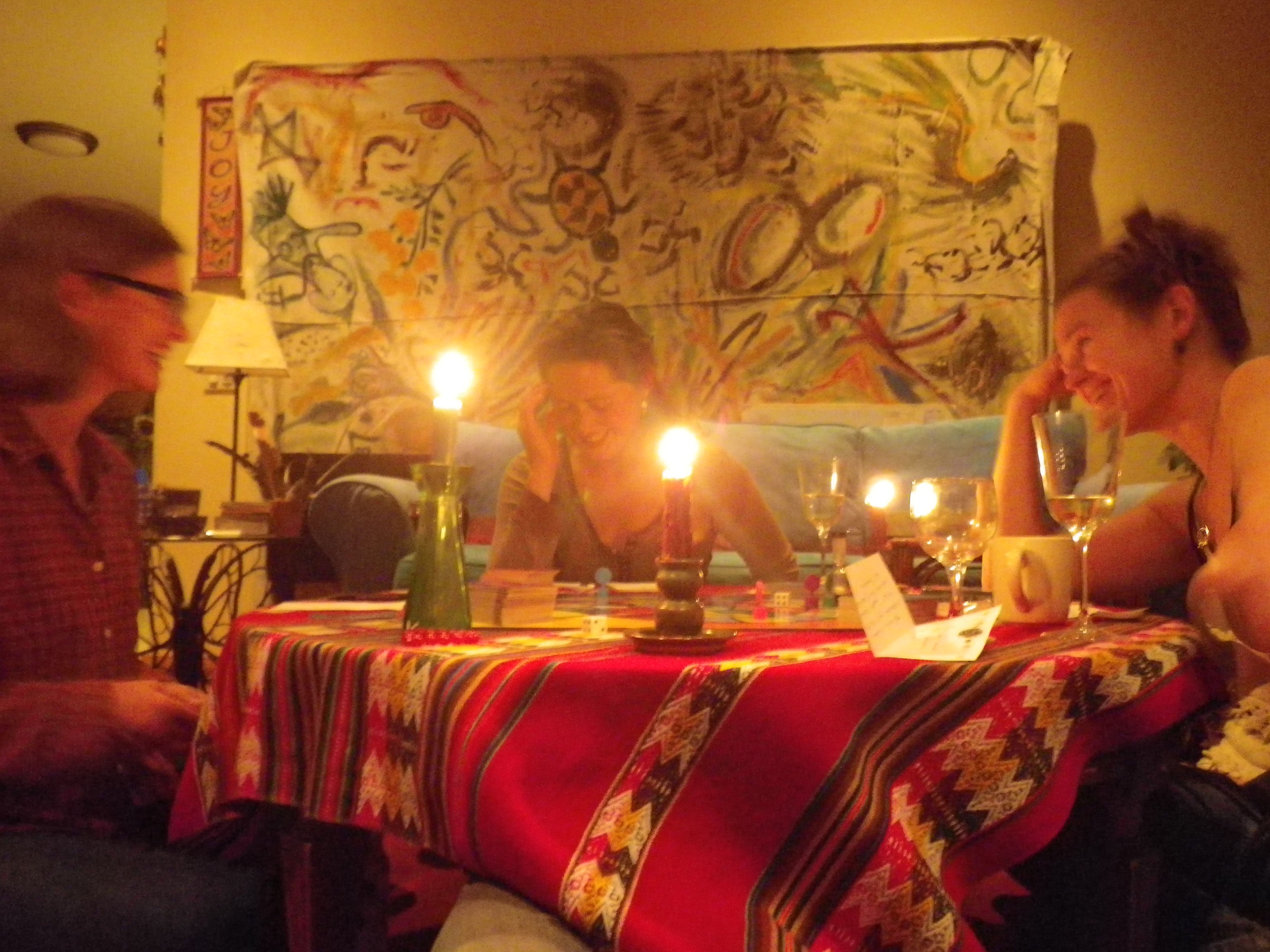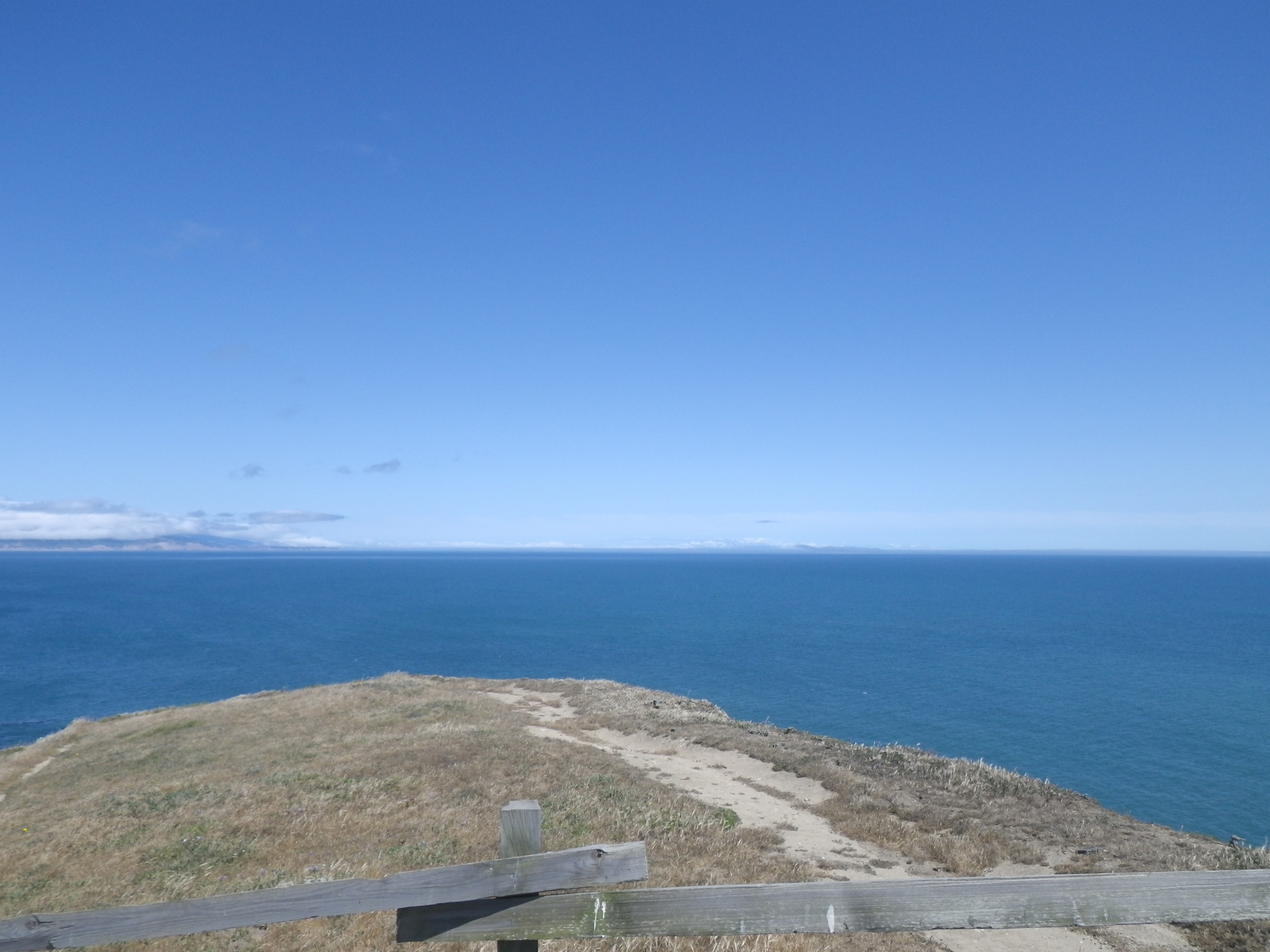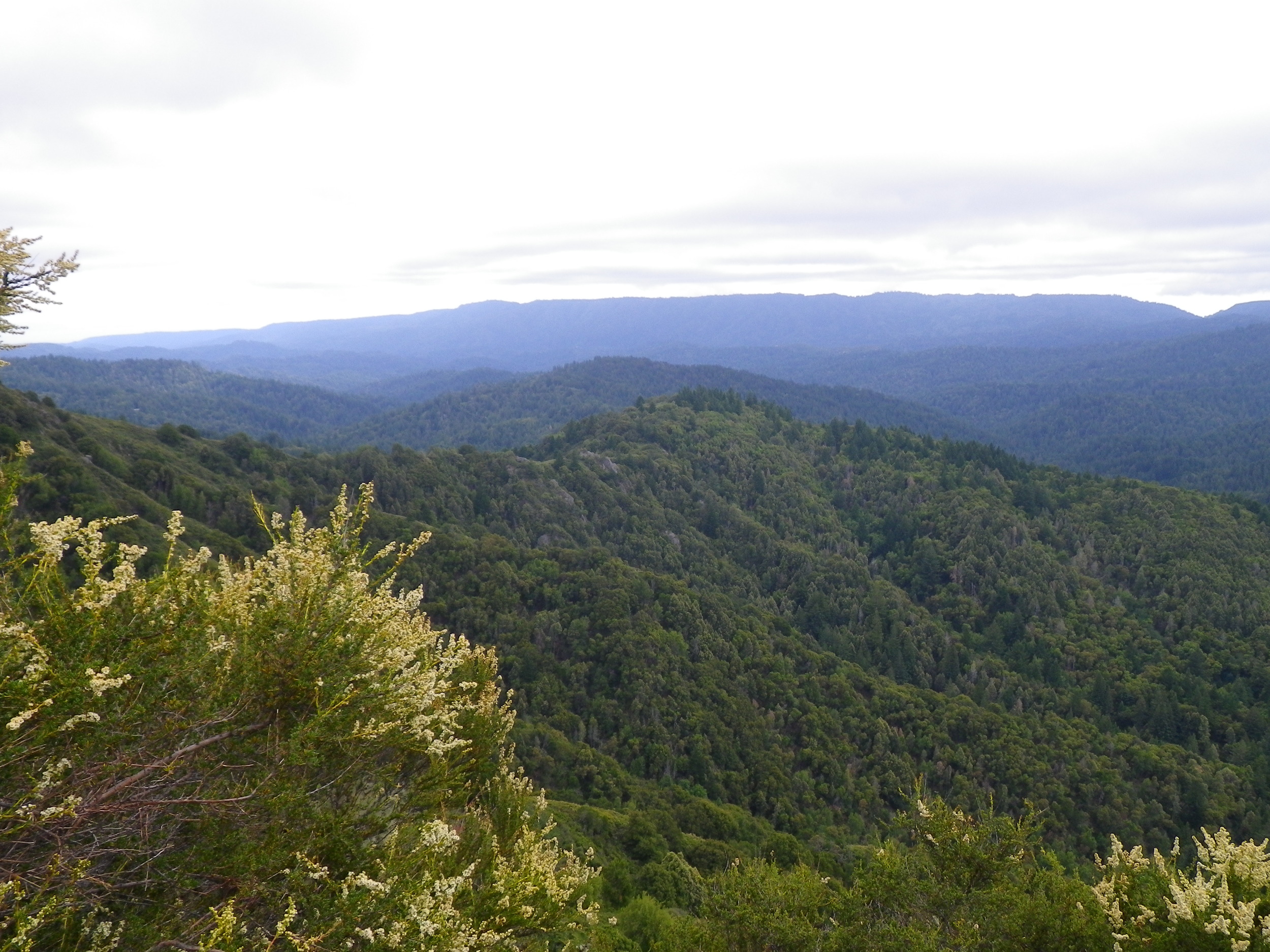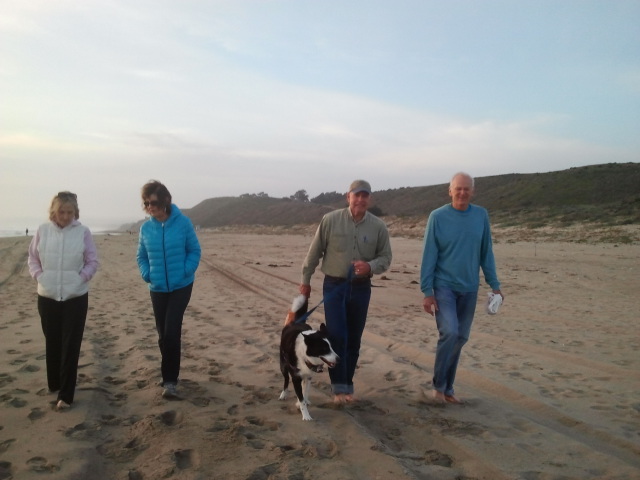This past April I drove to Sacramento to see my friend Alex Russell's story performed at the Sacramento Poetry Center as part of a wonderful monthly series called Stories on Stage. The series is curated by writer Valerie Fioravanti, whose recent collection Garbage Night at the Opera has garnered critical acclaim, and features work by emerging and established writers based in Northern California. During my two years at Davis, I fell in love with SoS, and was delighted when a local performer interpreted one of my stories as part of the spring 2012 series. When I returned this spring to the Poetry Center, the building was full of writers and artists, up-and-coming and well-known, and I realized how much I missed that feeling: of belonging to a creative community. As the night was ending I turned to Valerie and said, "I really wish we had something like this in San Jose."
"You should start one," she said. "That's what I did."
Somehow the idea hadn't occurred to me before--that if the community I was looking for wasn't yet there, then why not find the people and the space and the time myself and make it happen? I make frequent trips to San Francisco to attend a number of amazing literary series; there's Quiet Lightning and Action Fiction and Why There Are Words and Write On and Lit Up Writers and so many more that I honestly haven't even had time for. Many of these series are submission-based, which means that the organizers carefully select the pieces weeks ahead of time, sometimes arranging them in themes, sometimes working with performers, sometimes giving writers a certain number of minutes to read. Some of these series have become so successful and created such a following that they have become, in essence, nonprofit organizations.
These series are so inspiring and so much fun, I had always figured that I would find time to participate when I could make the drive. But then I started thinking. How wonderful would it be if I could attend a literary series for emerging writers just down the street from where I live? San Jose has an amazing resource in the Center for Literary Arts, a nonprofit that attracts nationally recognized poets, fiction writers and essayists for regular readings and booksignings throughout San Jose State University's school year. I attend their readings religiously, because few things inspire me more than getting to see Stephen Elliott or Nick Flynn or Dana Gioia, and because the feeling I get when I leave the building is always the same: I want to write. That, to me, is the power of a great reading. It gets people talking and it gets people creating.
So when I came back from Sacramento I did the natural thing: I reached out to two of the most creative and innovative writers/artists I've met here in San Jose, Nicole Hughes and Melinda Marks, and asked them if they were interested in helping plan a reading here, just down the street, featuring writers and performers who, like us, had ideas, liked collaborating, and needed a place to go. And that's how Play On Words began.
We're thrilled to announce our debut event at the glorious, brand-spanking-new show space at Blackbird Tavern , an amazing bar and restaurant located in the center of downtown San Jose. We'll be featuring original work by 2010-2011 Steinbeck Fellow Leah Griesmann, writer/teacher Ryan Alpers, poet Eric Sneathen, playwright Adam Magill and a monologue by our own Melinda Marks. This has been a definite labor of love, one that fuels me forward every day, and I am so excited to see this happen--excellent work, performed live, in my very own neighborhood. We are in for a treat.
If you feel so inclined, swing by our Facebook page and read contributor bios, or better yet, stop by the Blackbird Tavern on Thursday, October 24, at 7:30 pm to see it all in person.
a cajillion million thanks to people like Valerie, Evan Karp at Quiet Lightning, Scott Lambridis at Action Fiction, Graham Gremore and Jennifer Lou at Lit Up Writers and so, so many more movers and shakers that help create literary communities

